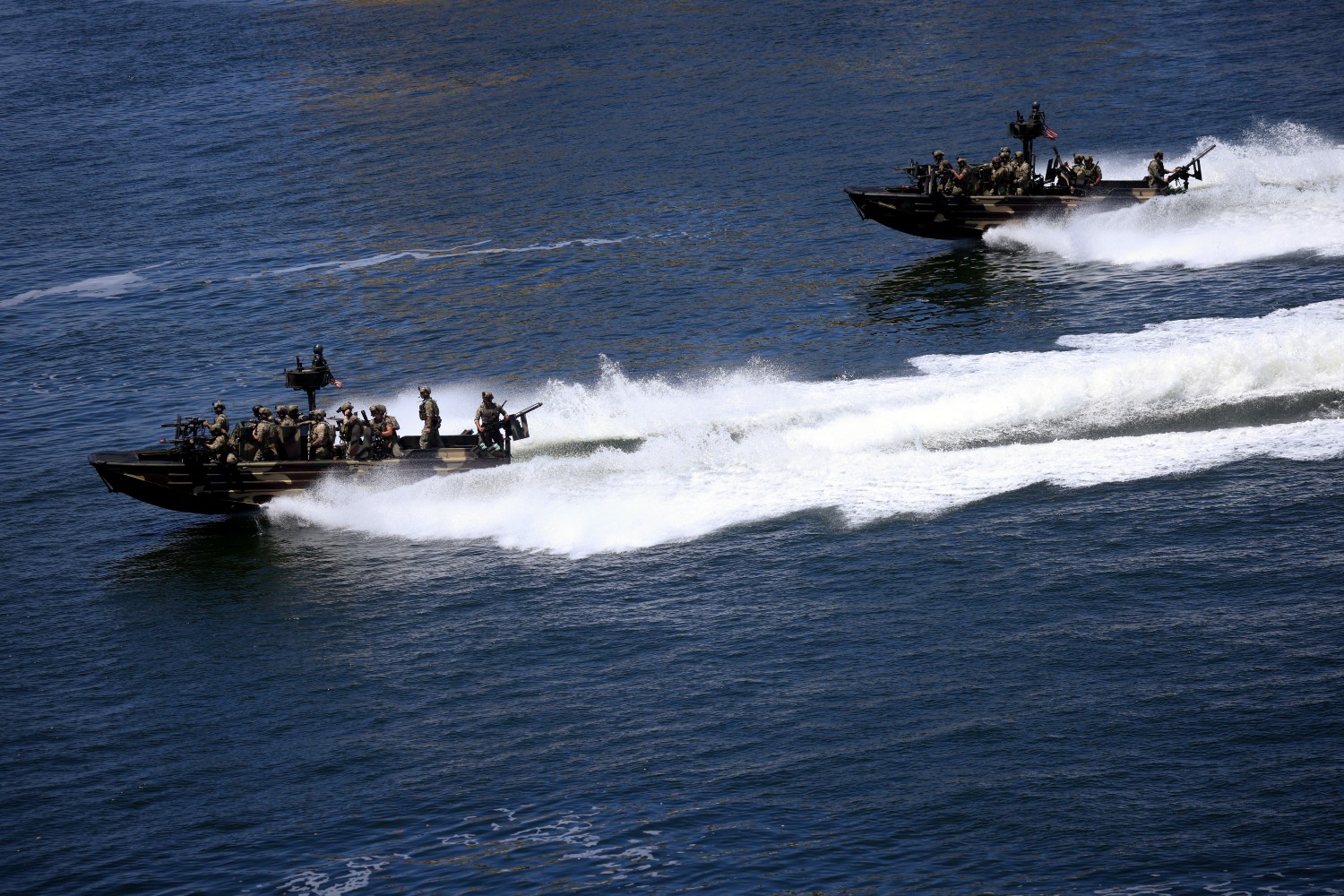Much of the discussion around CTE and traumatic brain injuries today involves sports that can heighten a person’s risk of developing such a condition later in life. Athletes who played football or hockey, for instance, have shared harrowing stories of the mental and physical ailments that have developed from a career of hard hits and bruising contact. It isn’t just the people who play full-contact sports who are seeing ill effects later in life. Some Navy veterans are experiencing unsettlingly similar symptoms.
In a harrowing new investigation at the New York Times, Dave Philipps recounted a series of tragic events: men who find themselves overcome by rage, having issues thinking and whose brains have shown signs of CTE. These aren’t hockey enforcers or football linemen, though – instead, they’re people who took part in the U.S. Navy’s Special Boat Teams.
The Navy’s own website describes Special Warfare Combat Crewmen as “specially selected and trained special operations forces (SOF) who operate NSW combatant and other craft in maritime, coastal, and riverine environments.” As Philipps explained, this can involve traveling on fast-moving boats through choppy waters — and that can take a physical toll on the sailors on board those vessels.
As the Times noted, the aftermath of the 2021 death of veteran Troy Norrell involved a neurologist working at the Department of Defense finding evidence of C.T.E. in Norrell’s brain. The condition, Philipps wrote, “probably came from years of impacts with waves” — and the neurologist shared their findings with the Navy, along with a warning that this was almost certainly not an isolated incident.
Why Is the NHL’s Leadership Being Skeptical About Hockey and CTE?
It’s not surprising why former enforcers are plagued by CTEThat can lead to cascading problems across the organization. “[W]e have dudes with brain injuries leading dudes with brain injuries, and they are unable to fully comprehend what is going on,” retired senior chief Robert Fredrich told the Times.
According to the Times, the Navy has conducted research into the effects of serving on such boats in conjunction with Tulane University, but the results are not publicly accessible. And it leads to a worrying question: is there anything that can be done to reduce the risk of chronic brain injuries to those taking part in such missions?
Whether you’re looking to get into shape, or just get out of a funk, The Charge has got you covered. Sign up for our new wellness newsletter today.
